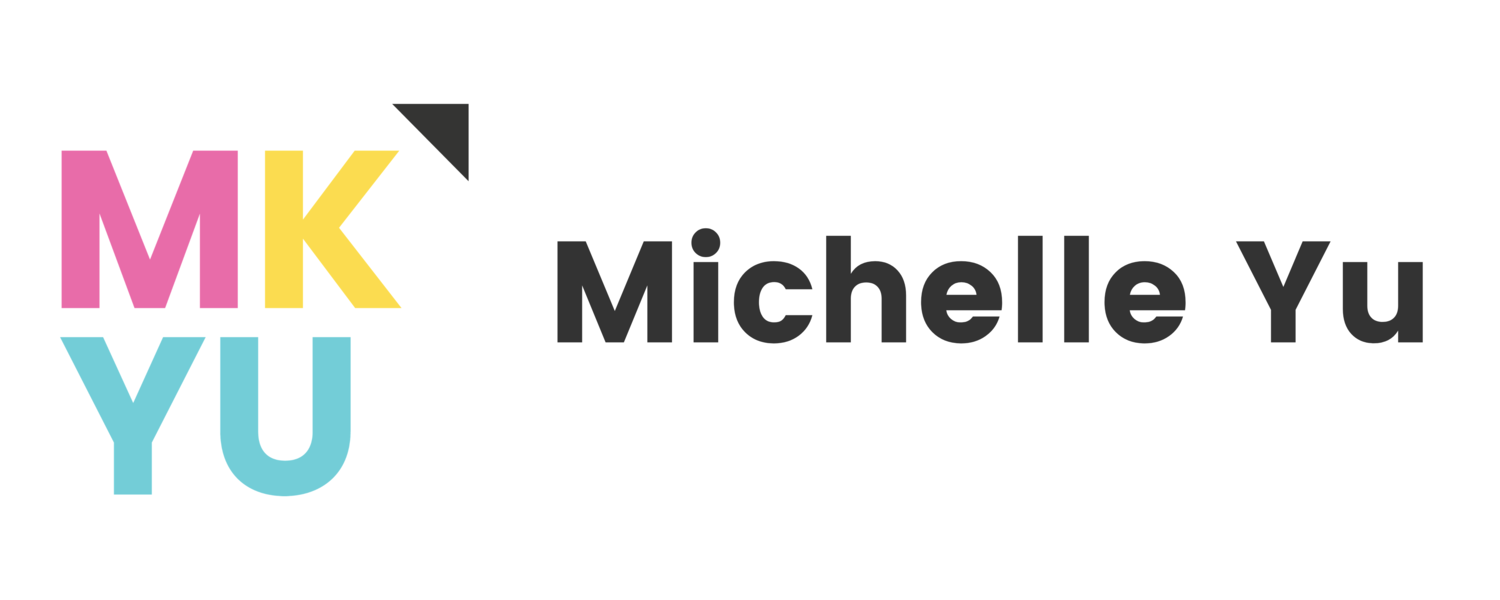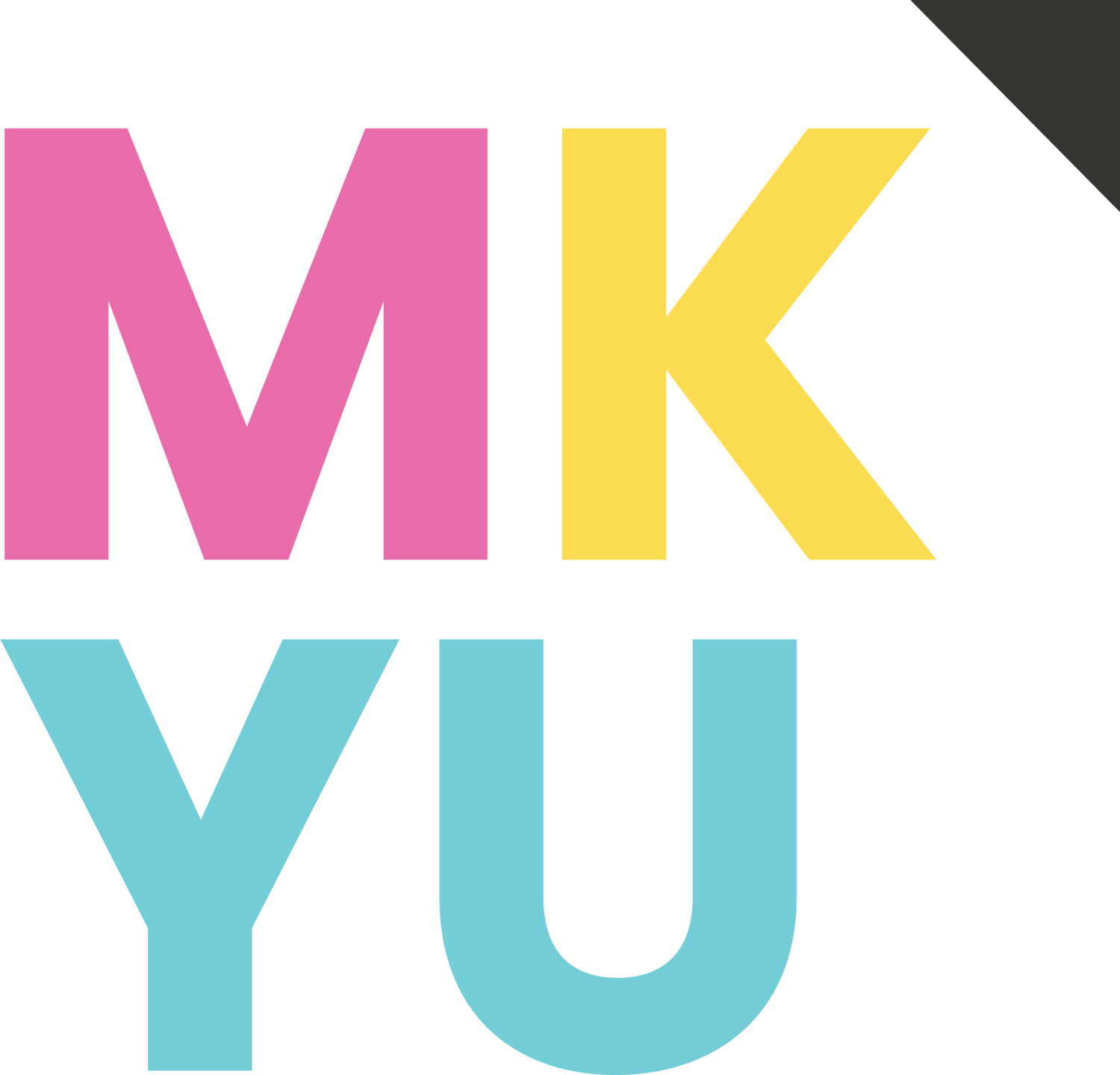Why I’m Breaking My Silence
There’s a Chinese saying called “eating bitterness” (吃苦), the sentiment where one silently suffers, not complaining, but puts their head down and moves on.
Coming from a traditional upbringing, I have bear the grunt of this saying for a long time, wavering back and forth about whether I should write this. At the end of the day, I’m taking off the muzzle and speaking up. If I have a platform, I must use it to spread awareness.
What pushed me over the edge: maybe I am, or maybe I will be, the only one within your network, the only Asian woman (or person of Asian descent) that you’ve ever met, who will ever say anything – so if I don’t take my shot, then I’ve missed out on a crucial and important time.
Because if I don’t, then who will?
If not now, then when?
My heart is wrenching and I am tired. Watching the news and reading social media, I am constantly being reminded of the continual rise of Asian American Pacific Islander hate crimes - and it is exhausting. It’s a delicate balance of being informed vs. choosing to turn a blind eye because “ignorance is bliss.” Which to choose?
Well, there’s always a catalyst and the shooting in Atlanta, where 6 of 8 victims were Asian women, is a very stark reminder of how ingrained white supremacy, racism, xenophobia and discrimination are in this country (and let’s not forget misogyny too).
That incident cut deep for me personally, especially as an Asian woman. I’ve been having so many intimate conversations with others in the AAPI community. We might not be saying anything outwardly, but we are heart broken, re-traumatized, grieving and hanging on. Others might not have the vocabulary to vocalize what they are internalizing by the rise of hate crimes, acts of discrimination and racism they’ve had to endured.
So without further ado - let’s go there.
Fear of Physical Safety: Personally, I don’t feel safe going outside anymore (bought some pepper spray), I fear for our elders and my parents when they go outside (even though they live in a very Asian community). It’s unnerving to be reminded that my (fiercely independent) 94 year old grandma’s walk to pick up the Chinese newspaper is no longer safe for her, despite this being a routine of hers for the past 30 years. What if she’s next?
Lack of Psychological safety: I know discrimination and hatred isn’t new; yet the frequency of these events blasted publicly on the news stirs up traumatization and triggers me. (And don’t worry, I receive professional mental help to me process through this, and yes, I’m aware of mental health stigmas, and no, I don’t care what you think). Seeing instances and hearing about other people’s stories reminds me of all the subtle (and not-so-subtle) microaggressions, jokes, slurs that I have personally experienced for the way that I look. Not just since COVID era, but in the past too; it makes me replay in my mind my sense of belonging in a world where I’ve been challenged with being a ‘visible’ minority (for example, in corporate leadership or within the coaching industry - there’s not many of us and I do not look like the others). Ironic that you can be so visible AND invisible at the same time.
Sadness: I am sad that this is what it’s come to. I come from a family of refugees of the Cultural Revolution; my grandparents fled China during the communist regime because they were persecuted for being teachers, escaping to Hong Kong (which was under British rule), then immigrating to the US in search of better opportunity - so future generations like me can have a better life here. For me, and many others immigrants or people of color who resonate with my story, to NOT feel safe, NOT feel like there is a sense of belong, and to feel like a continual outsider (despite being born here) - is just plain heartbreaking. Leaving the motherland and taking on a risk of courage to start in a new land, to then experience other problems based on how you look, feels like whac-a-mole. People yelling to me “go back to China” - as an American Born Chinese (ABC) - I don’t really belong there, I don’t really belong here, so it becomes a weird identity clash.
Anger at a messed up system: Now this is where it all boils up and gets to me. I’m really angry about “Asians as the model minority,” which seems to “elevate” Asians for their ‘proximity to whiteness’ (which is a total bogus belief coined by a white sociologist William Petersen). More importantly, this myth completely dismisses Asians from lower income levels and is a stereotype and generalization, highlighting a few at the expense of ethnic groups that are disadvantaged.
According to Pew Research, Asians displace blacks as the most economically divided group in the U.S: “while Asians overall rank as the highest earning racial and ethnic group in the U.S., it is not a status shared by all Asians: From 1970 to 2016, the gains in income for lower-income Asians trailed well behind the gains for their counterparts in other groups.” Just take a look at this wage disparity gap within AAPI women.
Further, this “model minority” myth is destructive and pits minorities against each other, causing us to compete, argue and fight for scraps about who is the more oppressed group, when really we should be standing in solitary and fighting the core issue: white supremacy and patriarchy, which systemically blocks our ability to have a seat at the table.
So if you ask me, I have a lot of reasons to be angry, to be maddened by a system that labels us (as quiet and submissive), keeps us shunned, glossed over, and ignored. The worst feeling about all of this? That “get back to work and pretend like nothing’s happened” “be quiet and keep your head down”…. The dismissal, denial, gaslighting and erasure of experience, downplaying of events (“he was just having a bad day”) is all the more enraging.
“AAPIs include 50+ ethnic subgroups that speak 100+ languages & dialects. Between 2015 and 2019, some AAPI ethnic subgroups earned as low as 52 cents per dollar. Lumping us all together has created a misleading narrative that all AAPIs are well off and don’t need support.” -Source
“The idea that Asians are the “Model Minority” is a harmful stereotype that dismisses lower income Asian American ethnicities, and also pits minorities against each other. It causes interracial fighting for scraps about who is the more oppressed group - when in reality, we should be standing in solitary and fighting the core issue: white supremacy and patriarchy, which systemically blocks our ability to have a seat at the table. ”
5. Inspired to do something about it: Change starts with me and change starts with awareness.
I’ve realized that if I want to move the conversation forward, it starts with me. It starts with turning my anger into action, consciously deprogramming areas that no longer serve me (traditional values such as staying quiet and being "obedient”) and working on the skills to stand up for myself and fight back.
It starts with opening up, sharing, creating awareness and space for others to talk about it. It starts with recognizing the gaps and questioning the status quo.
I feel inspired and even more motivated now to break glass and bamboo ceilings, to become more successful in this coaching space, to coach and train more leaders that will create an overall ripple effect in my community.
Despite all the pain and adversity that is happening all around, I am reminded by this Chinese saying that my mom shared with me: 刻苦耐勞, which means working hard and doing the hard work to overcome adversity. At the end of the day, I am proud to be an Asian American, I am proud of my immigrant roots, I am proud of my culture and my people, and I know we can and will rise above this.
So where do we go from here?
If you’re a fellow AAPI brother or sister: it only gets harder if we don’t say anything or address the core of what needs to be said. Whenever you are ready, please find the power within to speak up, share your story and spread awareness, call out racism and discrimination as you see it. I know how challenging and painful it is, coming from a traditional background, where we’re taught to “save face,” respect the power distance (filial piety), or not rock the boat and stay in line (cough, communism) – it takes unlearning and relearning, it takes practice and shedding off layers of generational programming. This is where the work is.
If you consider yourself an ally, in which I thank you (and if you’re an ally to one, you must also be an ally to ALL): Be proactive and check up on your people and see how they are doing, give them space and grace. Take time to reflect and process your own internalized biases and stereotypes. Examine where you’ve been quick to jump to conclusions, ways and areas where you haven’t been inclusive. Be conscious of the language choice you use, about the jokes you tell, and hold space for others to speak up when they are ready to share. Most importantly, recognize your own privilege and don’t expect others to educate or inform you on what’s going on, their history and what they are going through – do your own research and ask yourself what you’ll do differently moving forward. And educate your kids so they can also become allies and break the chain.
The heartbeat of racism is denial and the sound of that heartbeat is "I’m not racist.” Dr. Ibram X. Kendi
In solidarity,
Michelle
Resources:
John Oliver Tonight Show - Asian American segment (6/6/2021)
We need to talk about anti-Asian hate



